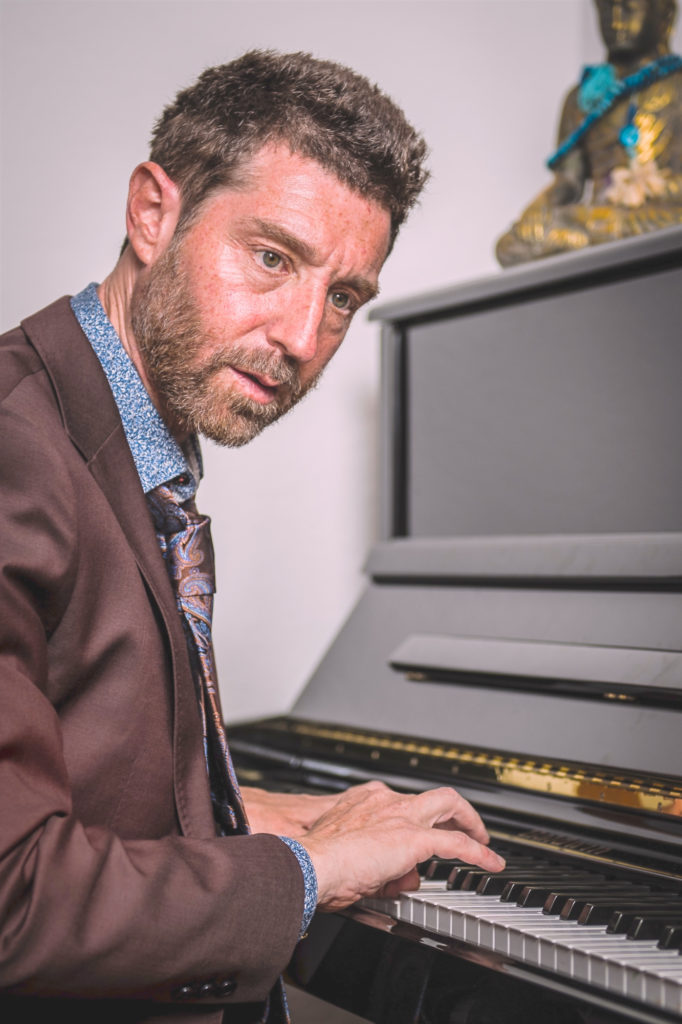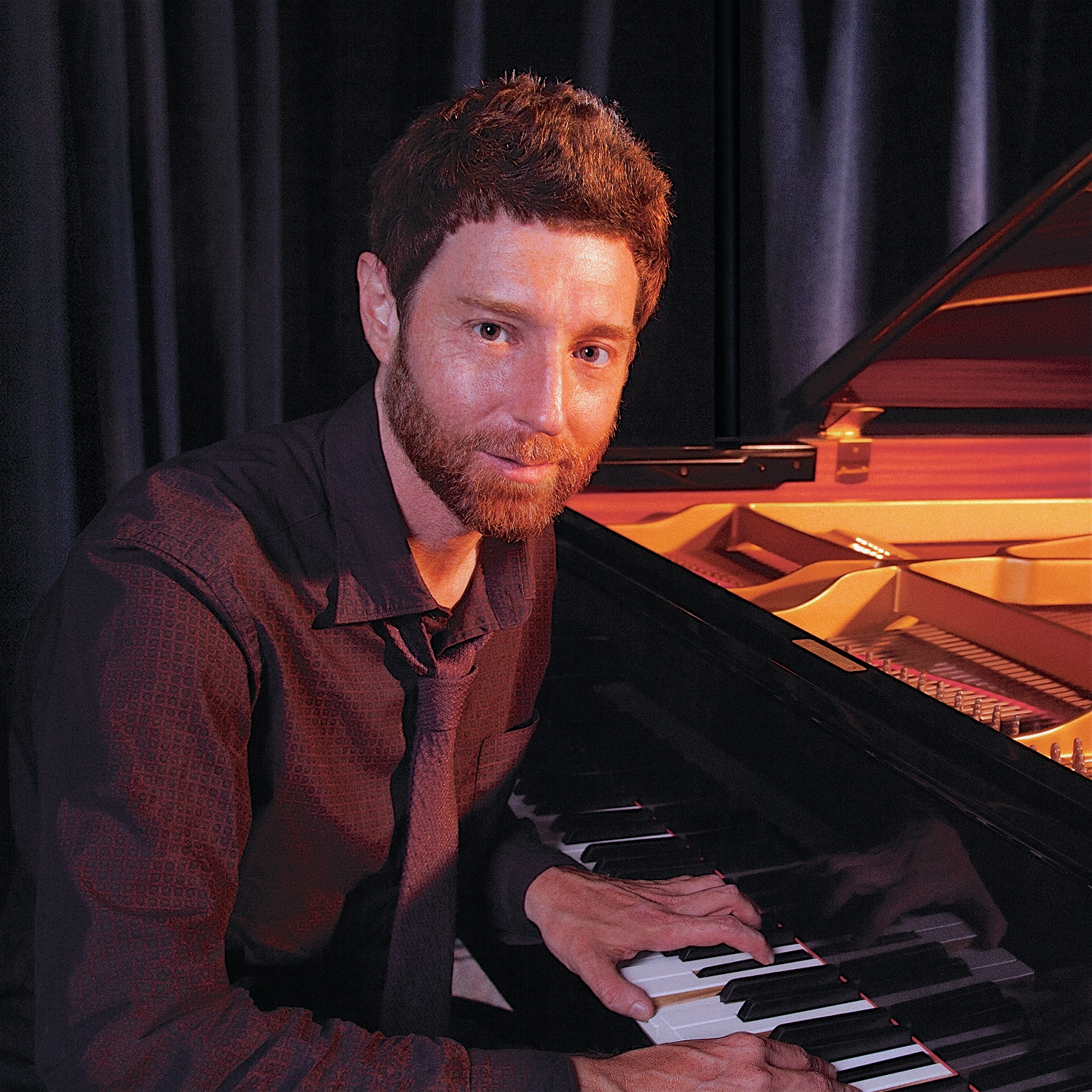Article by Benny Green
If one re-tells a story enough times, they will begin to believe their own exaggerations. As one grows older, there are less people to “check” you on your recall of decades past, and one may notice their own story, which began as an honestly intended account, becoming further slanted with each telling.
“When you comp, you sound as happy as a monkey in a tree!”
— Bucky Thorpe
As I grow older, I’m flooded with memories of one-nighters and people whose names I haven’t thought of in so long, and I’m also feeling a desire to talk or write about things that happened for me long ago, and what a special world I got to know while I was here in life, hugging people and traveling, pre cell phones, internet, social media or 9/11.
When friends ask about my first gig in NYC in the summer of 1982, I’ve found myself telling no less than three different versions of the truth on different occasions. Three entirely different gigs have become a bit morphed in my version of my “first” gig in town.
My very first gig in the NYC area was in a club in Queens, led by the late trumpeter Bucky Thorpe, with Lonnie Plaxico playing bass (he’d recently arrived from Chicago and told me that this was his first bonafide gig in town as well), and Bobby Battle playing drums.
My teacher, Walter Bishop, Jr., had taught me how he voiced his chords and Bucky had heard me at a jam session and liked my comping style of trying to imitate Bish. Bucky dug my youthful enthusiasm and said “When you comp, you sound as happy as a monkey in a tree!” I needed to bring a keyboard, and my big bro John Donnelly drove me and my very heavy Rhodes to the gig and hung for the whole night.
As Bucky began to hire me more, I remember Bobby Battle driving me to one of our gigs and telling me, “I need to play my drums just to feel whole. Some days I don’t even know how I feel or what I’m thinking, until I touch my drums.” For some reason that has stayed with me all these years, like a reflection of myself to store away for a rainy day, or century.
My first steady weekly gig in NYC was playing in the house rhythm section for the Tuesday evening jam sessions led by Jo Jones, Jr. at Mark Morganelli’s original Jazz Forum, at Broadway and Bleecker Street, with John playing the bass. So many great musicians would come through to hang out and sit in at the Forum, and this was an ideal place for me to be.
My first gig in Manhattan for which I was hired as an individual to play in someone else’s band, was at a club that I believe was simply called “55 Grand Street,” a different place than the club known as “The 55 Bar,” but I may very well have the name wrong – this is the kind of detail that left unchallenged, gets unwittingly changed in the process of telling a story. It’s recent history enough that I’m confident a New Yorker will clarify this simple detail for me.
This gig was led by the drummer Barry Altschul, who I’d heard in-person the previous year with Sam Rivers and Dave Holland at Keystone Korner in SF. The late Clarence “C” Sharpe played alto saxophone and Barry recalls that Mark Helias was most likely our bassist that evening. Barry and “C” were very kind to me, knowing what a baby I was.
I was a little distracted because a girl I’d met who I had a crush on had come to the club that night especially to hear me, but to my disappointment she’d brought a guy along with her, and I remember feeling at once so excited to be on stage with these men, but also utterly unprepared for the strange flood of “jealously” that was an unfamiliar emotion to me at the time, all while wanting to immerse myself in the music and the moment.
Less than a year later when I began playing with Betty Carter, this was something she addressed to me – being able to put aside all else that’s on your mind during a show and to simply serve the music. Learning to tap into that place, and the self-observation entailed, is a lifelong waking meditation for a performing artist.
The first person to hire me to play in a “major” downtown NYC Jazz club was Bobby Watson. We played as a quartet at Lush Life, which was across the street from The Village Gate, at Thompson and Bleecker Streets. Curtis Lundy played the bass and Louis Hayes played the drums.
That was also the night that I got to meet the late James Williams, and after the gig he sat down at the piano with me. “Those are nice alterations you play on your ‘seventh chords'”, he told me, and then he said something to the effect of, “but you might want to think about not putting so much flavoring on every single chord, because it won’t be as effective when you REALLY want to give a chord some spice, if you over-season everything you play”.
“I need to play my drums just to feel whole. Some days I don’t even know how I feel or what I’m thinking, until I touch my drums.”
— Bobby Batte
All of these musicians were very gentle and inclusive to me. After all, breaking in a newbie is a big part of the heritage. “Yeah,” Louis told me after the gig, “you definitely have the right IDEA”. Just imagine how much those simple words of encouragement meant to me at 19, spoken from someone who was already playing drums on Horace Silver’s “Senor Blues” when he himself was that age.
Remembering how magical and synchronistic playing with and learning from the elders was for me, and remembering how maternal, paternal, sisterly and brotherly the older musicians were with me when I was a kid, reminds me that the kids of today who I get to meet and interact with, are having their own enchanted experiences, too.
Just as in the music, I want to choose my words to young folks (and everyone) with more care, because the right words from an older person to one who’s just finding their way, can open doors for that kid to realize their own calling, not merely to make a joyful noise, but to observe our parents and teachers and grow to help inspire others for peace and music.
ARTIST CONTRIBUTOR

Benny Green possesses the history of jazz at his fingertips. Combine mastery of keyboard technique with decades of real-world experience playing with no one less than the most celebrated artists of the last half-century, and it’s no wonder Green has been hailed as perhaps the most exciting hard-swinging, hard-bop pianist to ever emerge from Art Blakey’s Jazz Messengers. Learn more at BennyGreenMusic.com.

